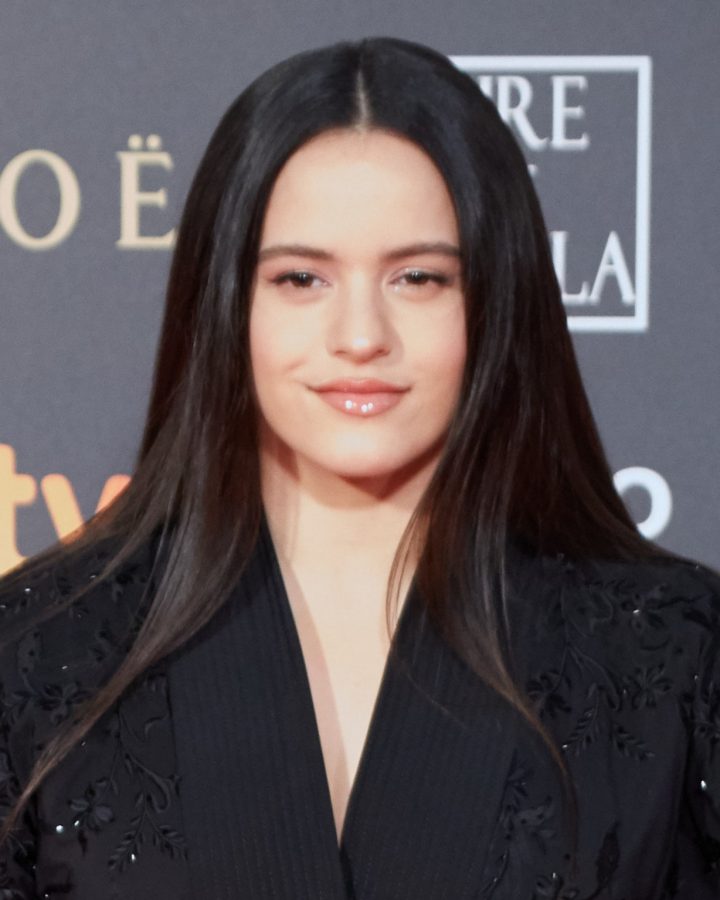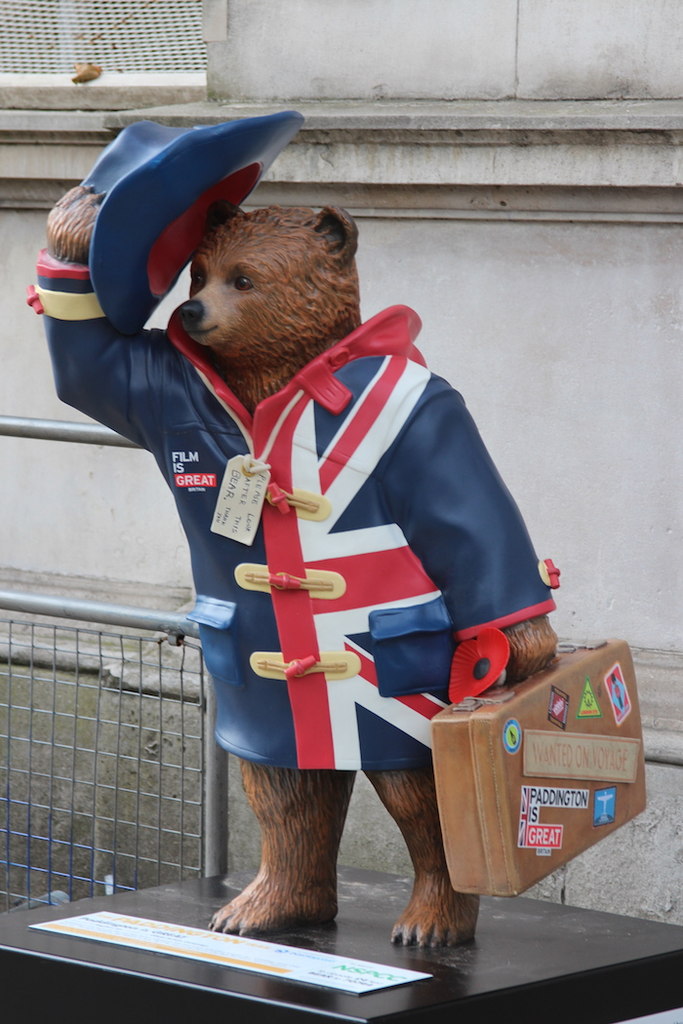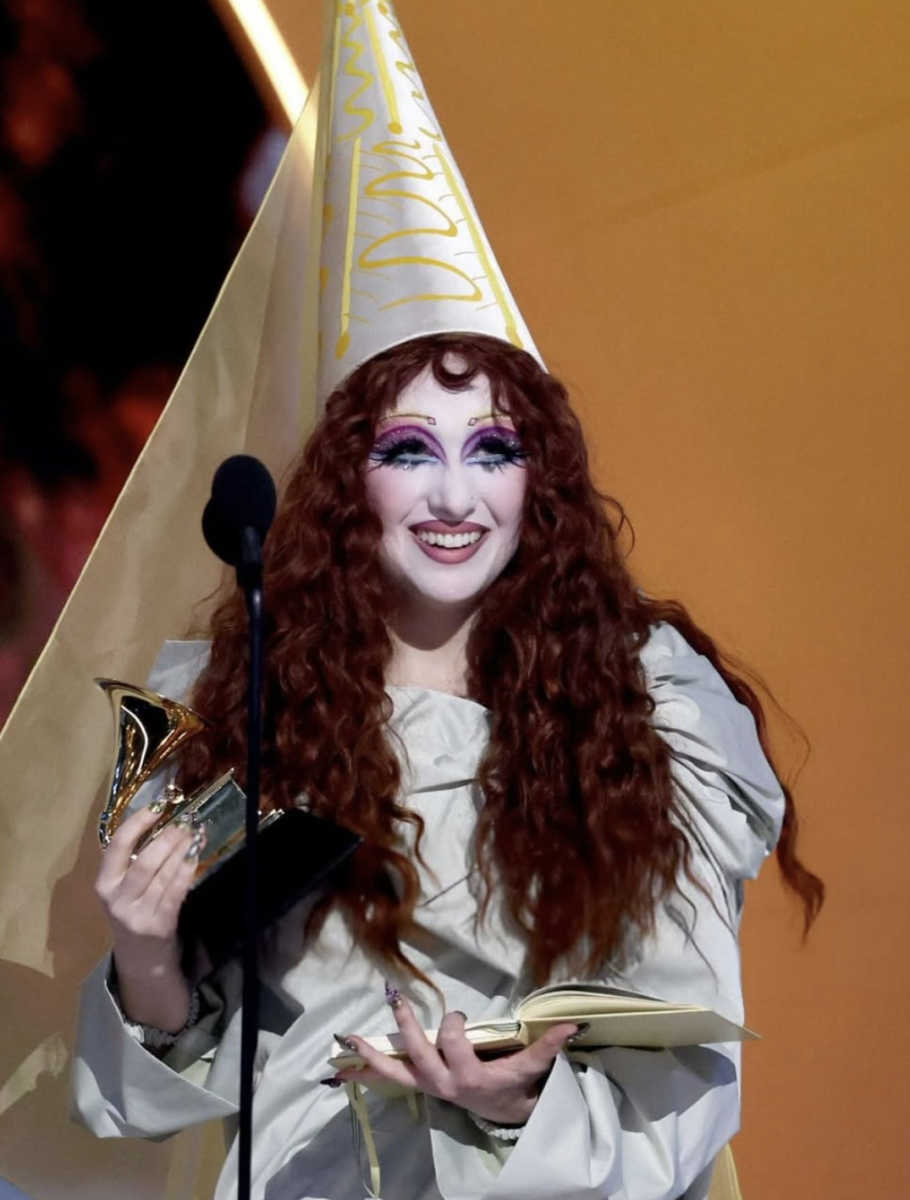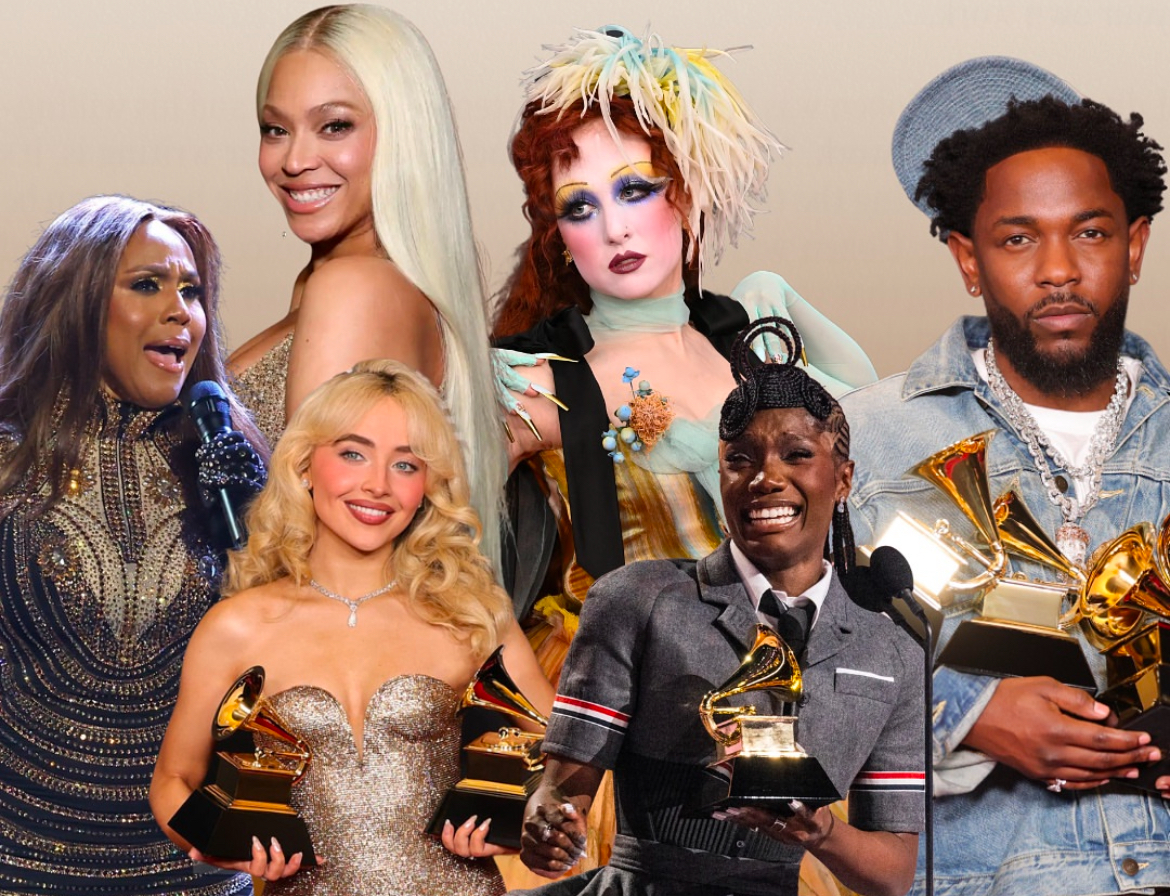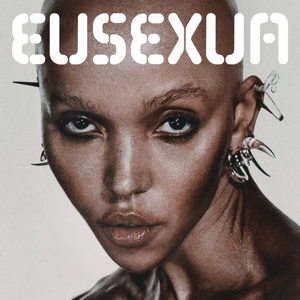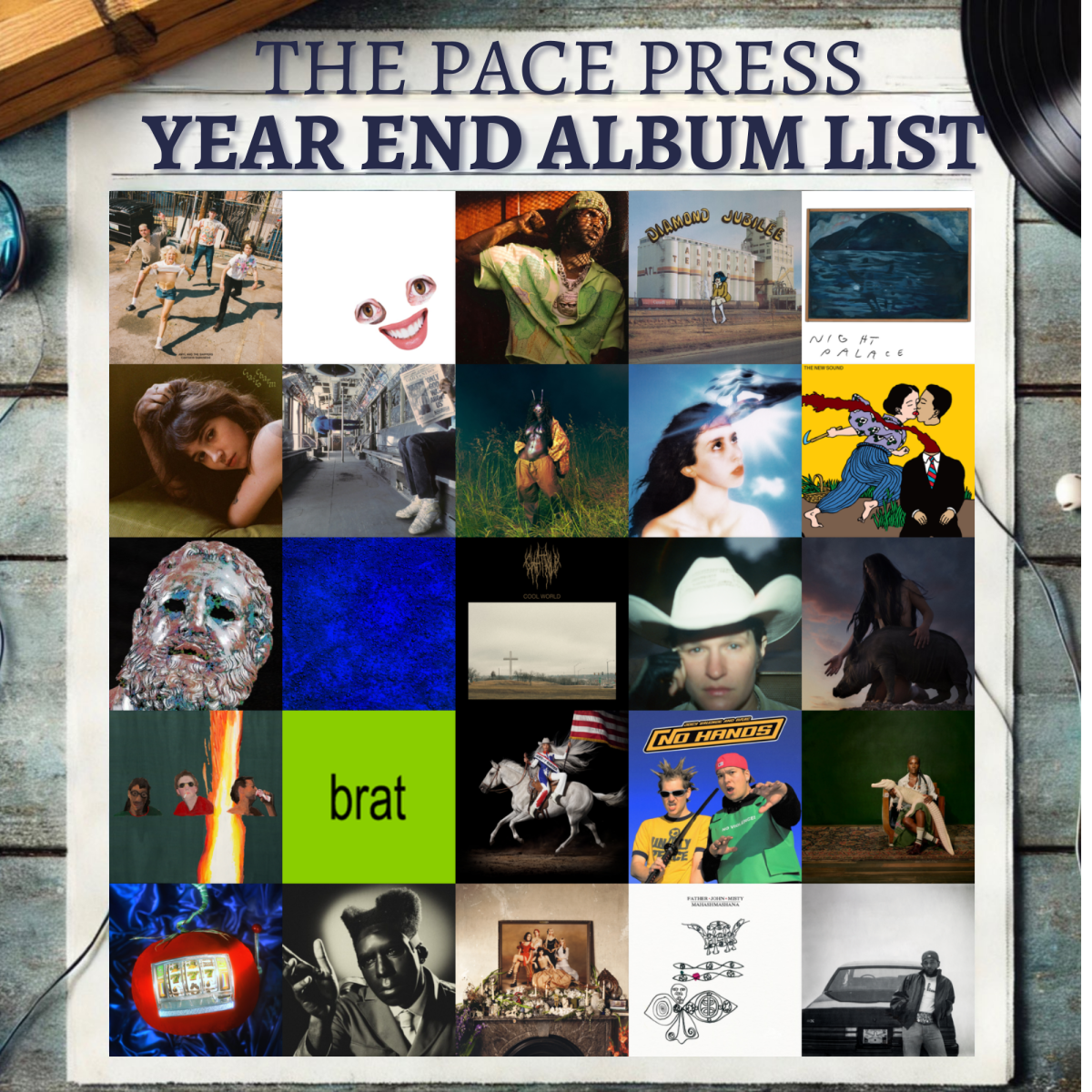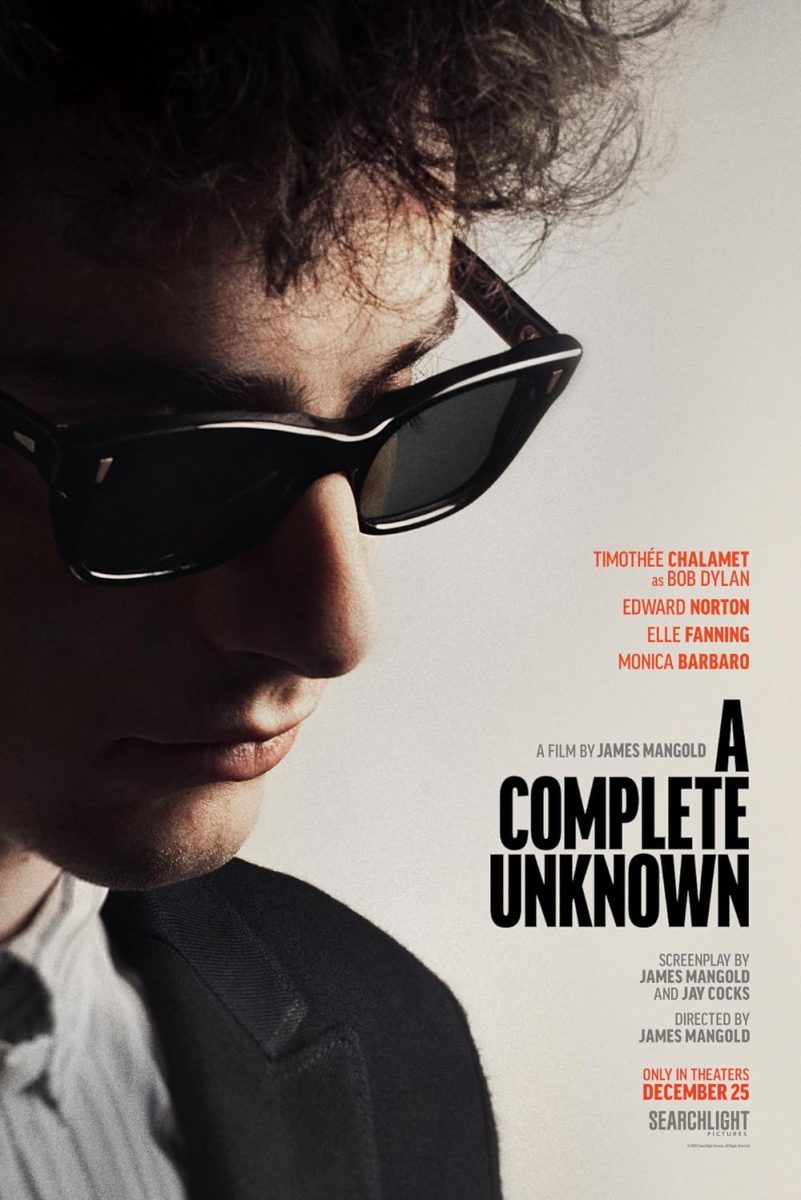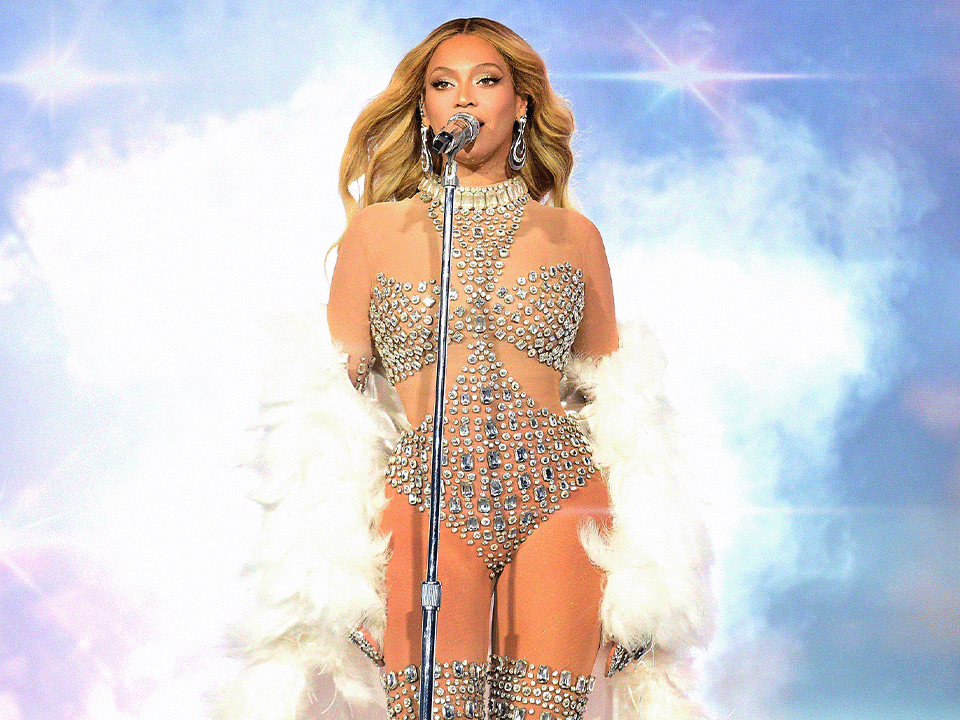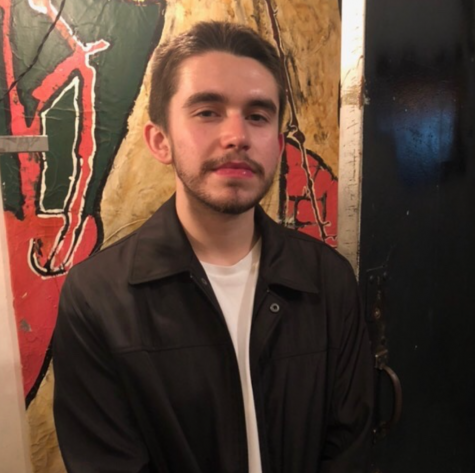Contemporary flamenco and Spanish pop artist Rosalía has been long overdue for mainstream recognition. Long-time fans of her music would likely claim that her work deserved mainstream attention after her stunning 2017 LP debut “Los ángeles” or following the release of her sophomore album “EL MAL QUERER”—a sonically and conceptually gorgeous album that impeccably showcased her growth. She fluidly moved her sound from more Spanish-folk-centralized music to her current sensational flair of meshing flamenco music with the more widely recognized sound of Spanish pop. If her discography isn’t reason enough, her long lineup of co-signs should have surely launched her into the main public’s eye. The popstar has received nods and collaborations from numerous pop music titans such as James Blake, Pharrell Williams, Justin Timberlake, and J Balvin.

Finally, in late August 2019 at the 36th annual MTV Music Video Awards, Rosalía was nominated in four categories for both her music and their accompanying music videos, snagging two of the “Moonman” trophies on the night of the ceremony. The artist won Best Latin Video and Best Choreography for her video collaboration with J Balvin on “Con Altura.” Sure to get all eyes on her after wins, Rosalía outdid herself by quite literally lighting up the VMAs with during a mash-up performance of “A Ningun Hombre,” “Aute Cuture,” and “Yo x Ti, Tu x Mi”, the last being performed with assistance by Puerto Rican singer Ozuna.
Not only is the dual win a huge personal milestone for the singer herself, but Rosalía is the first Catalan artist to have ever won an award at the MTV VMAs in the award show’s history. This is a huge triumph for Catalan artists, a group of people long underrepresented at the VMAs.
While this kind of recognition is well-deserved, this incorrect labeling can lead to identity crises within Latinx fans and non-fans alike. As she was born in Spain, she is not considered a Latina artist. Moreover, her participation in her labeling as a Latinx artist and her failure to reject such labels can be seen as cultural appropriation. As the Latin music genre is a far more universally recognized genre than Catalan music, it would make sense for her to accept these uninvited and misleading labels in order to boost her popularity and her music’s accessibility to new listeners.
As celebrities are living in the public eye more than ever thanks to social media, the singer’s victories were amply challenged by public ridicule. Many members of the Latin community are particularly upset with Rosalía’s winning of the “Best Latin Video,” arguing that despite making a notable impact on the current Latin music scene, she nor anyone else should portray or label her as a Latina, as she was born in Spain.
This isn’t the first time that Rosalía has entered this specific debate, either—there has been controversy surrounding the ambiguity of her background dating back to when she was featured in a Billboard mini-documentary series titled “Growing Up Latino.” The debate sparked again when she was on the cover Vogue México‘s August 2019 issue. The magazine included her in a list of Latin Artists to be on the lookout for in the coming year.
Rosalía has spoken upon this controversy in the past, claiming that music holds no boundaries or barriers and should be determined less by “where you come from” and more by “what you do.” While this may be a somewhat cogent argument, Latinx fans and aspiring Latinx artists deserve to represent their identity without getting overshadowed by artists who simply choose to wear those titles rather than being born with them. Rosalía has yet to speak out on her controversy at the VMAs.

